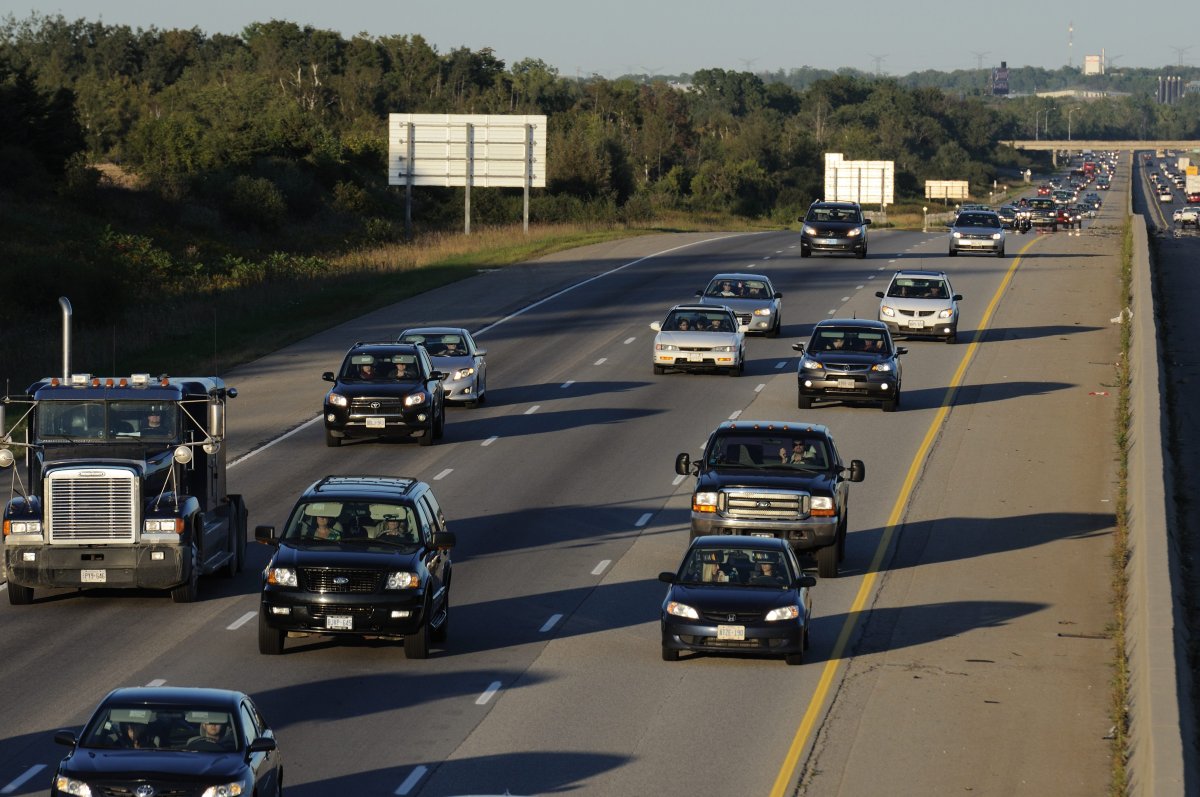A major Jewish advocacy group in Canada has stepped up efforts to help some residents of an Ontario town convince local politicians to rename a street currently called Swastika Trail.

B’nai Brith Canada started an online petition Thursday calling on Puslinch Township, about 75 kilometres west of Toronto, to change the street name.
The group plans to present the petition to the township council when it discusses the issue of renaming the private road next month, Aidan Fishman, advocacy director for B’nai Brith Canada, said in an interview Friday.
“We first became aware of this in October when a group of local residents – some of whom actually live on Swastika Trail and are very upset about the name and want it changed – were encountering some local resistance and contacted us for advice,” Fishman said.
Fishman said his organization has been working with the residents behind the scenes since then, but decided to have members of the public outside the area “weigh in on whether this is an appropriate name for a street in Canada in 2017.”
Swastika Trail was named in the 1920s before the rise of Adolf Hitler in Nazi Germany, local residents said. Those in support of keeping the name have argued the symbol has a long history before the Second World War, but others argue the name is associated with hate and genocide.
Puslinch Township Mayor Dennis Lever was not immediately available for comment and a township official declined a request for an interview Friday.

Get daily National news
Fishman said the residents living on Swastika Trail who are embarrassed and offended by the street’s name should not be forced to use it on their driver’s licences or other government documents.
“We also think that maintaining this street name – nevermind for the people who live there – really demonstrates a sort of unwelcoming attitude, whether intentionally or unintentionally, towards people from the outside who may want to visit their own property there, towards Holocaust survivors and their descendents, towards Canadian veterans of the Second World War and their descendents,” Fishman said.
“Even though the swastika originally had a different meaning … today in Canada if you mention swastika – or to virtually to anyone in the western world – it is a symbol of the horrors of Nazism, and the town and it’s residents can’t ignore that.”
Residents of the street advocating for the name change agree.
“Having the word swastika on my provincially issued driver’s licence and my federally issued mailing address associates me with bigotry, intolerance and anti-Semitism,” said Jennifer Horton. “That’s not who I am and that’s not how I want to present myself.”
Audrey Guzar, another resident, said “you don’t realize how often you have to give out your address until you are embarrassed about your street.” She said she is usually met with looks of “horror and disbelief,” often leaving her to explain that she is not a Nazi sympathizer.
The two women and their husbands contacted B’nai Brith Canada for help after other attempts to get action on the issue.
Horton said local residents on the street voted on the issue earlier this month among themselves, with a slight majority in favour of keeping the name.
READ MORE: Outremont residents sketch hearts on parked cars to counteract swastikas
“That statistic is not significant enough to sway the council” into making a decision, Horton said. “In addition to that, as we’ve said many times, this is an issue that is not only affecting our street – this is an issue that affects our entire community, our whole country, so it’s not a matter of 50 people on a street having a vote.”
She added that the street name is also problematic because the swastika is still used as a symbol of hate by white-supremacist groups.
Fishman said B’nai Brith Canada is also aware of a town in northern Ontario called Swastika, but noted that he wasn’t aware of any residents in that community reaching out to his group for help changing the town’s name.
“We still think it’s inappropriate, but we prioritize the Swastika Trail in Puslinch, because there are local residents who have reached out and said, ‘we want you help in changing the name,”‘ he said. “That’s why we feel we really have a duty to speak up on this issue.”
READ MORE: Holocaust denier Ernst Zundel, deported from Canada in 2005, dies aged 78
Carolyn O’Neil, a local historian in Swastika, Ont., said the town was named in the early 1900s after a local gold mine that used the symbol as one signifying good luck.
“We can’t destroy our history,” she said, noting that the town has never had any association with Nazism.







Comments